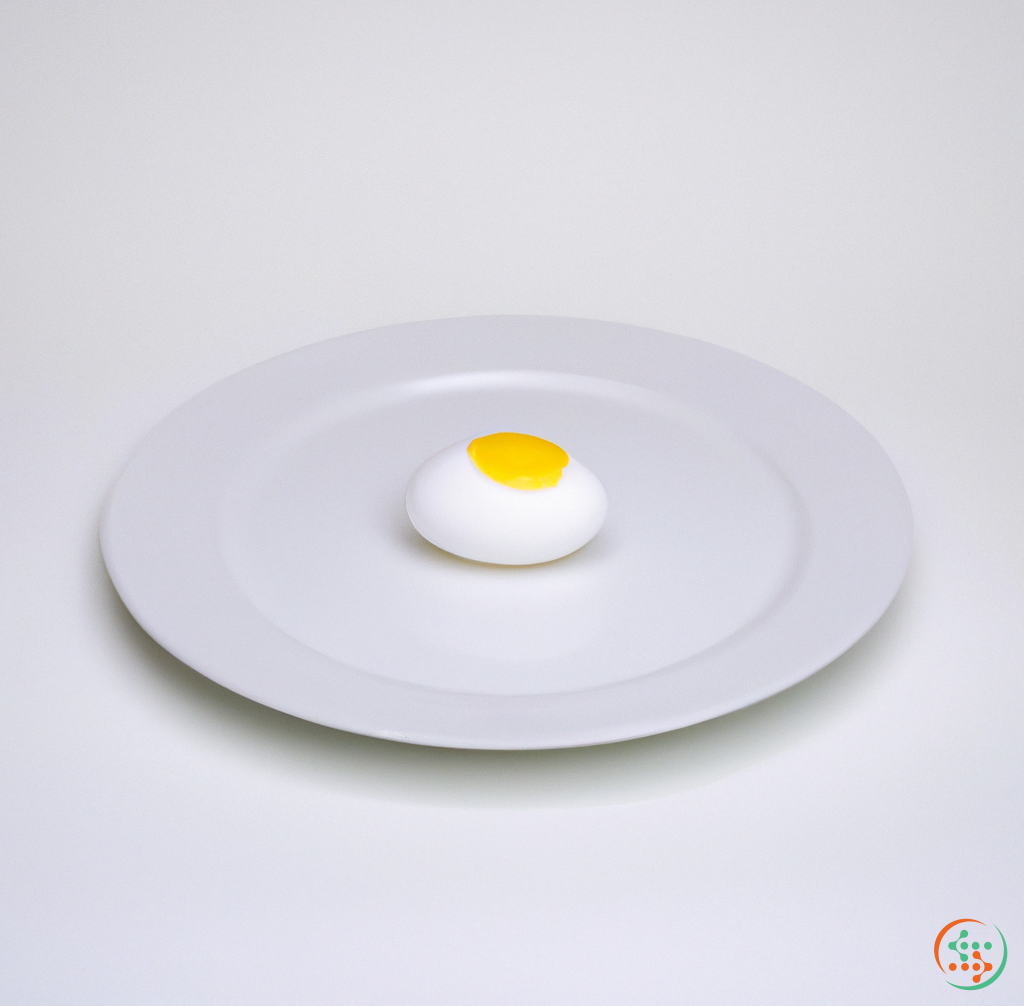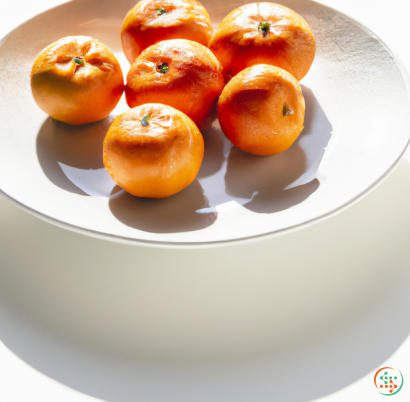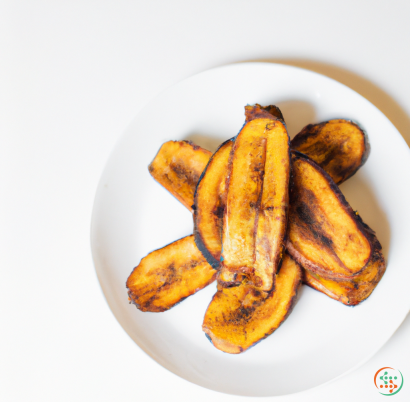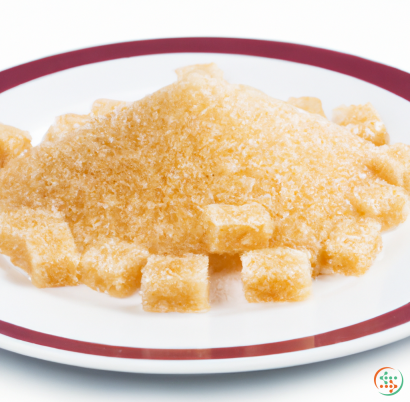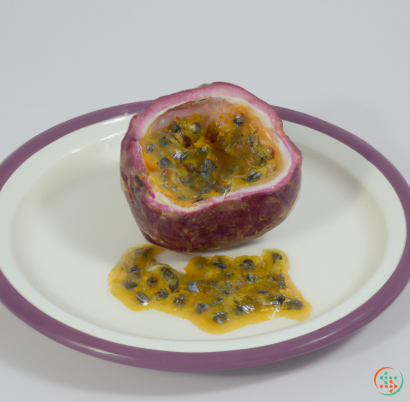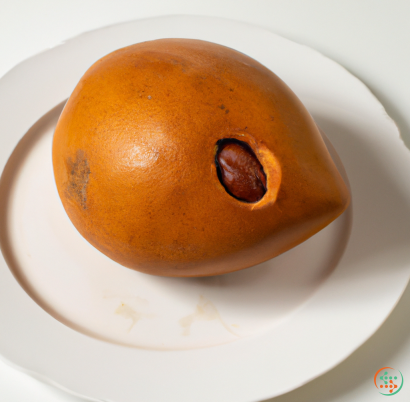Raw Egg White
Raw egg whites, also referred to as unfiltered egg whites, are one of the most versatile ingredients available in the kitchen. Raw egg whites can be used for a variety of culinary needs, from baking to cocktails, and can be an important source of nutrition for those looking for an alternative to whole eggs.
Raw egg whites are made from different kinds of egg, such as chicken, duck, quail, and other types of poultry. Because they are unfiltered, they typically have a transparent, slightly glossy white color. The best quality raw egg whites come from eggs that are fresh, have been stored properly, and are free of any cracks, discoloration, or other signs of spoilage.
First and foremost, it is important to note that although enjoying raw egg whites is relatively safe, there is a higher risk that harmful bacteria such as salmonella might be present if the whites were not refrigerated immediately after being separated from a shell. For those who are worried about food safety, it is best to opt to cook the egg whites before consuming.
When purchasing raw egg whites, it is always wise to look for the “best-by” date on the package before buying. The fresher the white, the better taste and texture it will possess. Additionally, it is recommended to store the whites in the refrigerator away from other foods and tightly sealed to ensure that no bacteria can grow on them. Refrigerated raw egg whites should be used within 4-5 days of purchase.
One of the biggest advantages of using raw egg whites is that they offer a more natural way to add protein and healthy fats to recipes. This can allow for more creative cooking and exploration, as well as allowing you to stretch already scarce food items and make them last longer. As far as recipes go, uncooked egg whites can be used in scrambled eggs, omelets, milkshakes and smoothies, mayonnaise, carbonara sauces, meringues, macarons and chiffon cakes, and even used in cocktails.
Raw egg whites are also very beneficial for those looking for a source of high-quality protein. Egg whites contain up to seven grams of complete protein per serving, making it an excellent source of both essential and nonessential amino acids.
In terms of nutritional value, raw egg whites are low in calories and contain no cholesterol, fat, or carbohydrates. They are also rich in riboflavin, potassium, magnesium, and selenium, as well as some traces of vitamin A, B6, B12, and K. This makes raw egg whites an ideal choice for those on restrictive diets or those who are trying to cut down on cholesterol and fat intake.
It's important to remember that although raw egg whites are a nutritious and highly versatile ingredient, they should always be handled with caution. To ensure that your raw egg whites remain safe and tasty, always remember to look for the best-by date and make sure to store them in the refrigerator.
When handled properly, raw egg whites can be a great way to add flavor, nutrition, and texture to a variety of dishes. It's a versatile and highly nutritive ingredient, and when used correctly, raw egg whites can be an excellent addition to your diet.
Introduction
The egg white is a nutritious, low-calorie food that is widely used in cooking and baking. It's not just a culinary ingredient, though; its chemical components can be harnessed to create a wide variety of products, from vaccines to cosmetics. But before all of this can happen, an egg needs to get from the farm to the kitchen. Let’s take a look at what goes into creating a raw egg white, and how it travels from the farm all the way to the dinner plate.
Formation of the Egg
The process starts with the mating rituals of a rooster and a hen. When the hen is ready to mate, the rooster experiences hormonal changes that cause him to take part in courtship behaviors such as crowing and strutting. He then mates with the hen and upon successful completion of copulation, the hen’s oviduct (the tube in a female chicken’s reproductive system that deposits eggs into the uterus) rapidly releases one yolk, which is then surrounded by albumen (the egg white).
The egg white consists of three main layers and contains 90-95% water, nearly 9% protein and small amounts of lipids, minerals, and carbohydrates. The inner layer of the egg white is the albumen, which has a watery consistency and is made up of albumin proteins that give shape and viscosity to the egg white. This albumin is supplemented by other components of the egg white such as mucin, which is a thick, slippery substance that increases the egg white’s viscosity. The middle layer of the egg white is composed of an albuminic gel, which is a pressure-sensitive mesh that cushions the egg from impact and helps control its shape. Finally, the outer layer of the egg white is the chalaza, a twisted cord of tissue that forms a figure-eight pattern around the egg and anchors the yolk in place. The combination of these components stabilizes and protects the yolk, keeping it intact despite varying external pressures.
Harvesting
Once the egg is formed, it needs to be harvested quickly to ensure freshness and avoid spoilage. Eggs are typically gathered once or twice a day and placed into a carton or basket. When they arrive back at the farm or to the packing center, they are washed to remove any dirt, feces, or other contaminants that may have stuck to the egg during its formation and transit.
During this stage, there is a quality control process in place to check for any cracked eggs, as well as to identify any that have been laid beyond acceptable standards for composition. This can mean anything from an egg being too light (due to a smaller yolk) or too heavy (due to a larger yolk), or having a shell that is too thin or too thick. Any eggs that do not pass this inspection are discarded.
Grading
Next, the eggs are graded according to their size, shape, color, and quality. Grade A eggs have thick, uniform shells and easily recognizable characteristics. Grade B eggs are usually smaller and more oval-shaped, with flaws in their shells. These eggs are typically used for wholesale or non-edible purposes. Grade C eggs are the smallest, most misshapen eggs and are typically used for industrial processes such as making egg whites for baking products like meringue.
Packing
After grading, the eggs are then packed into cardboard cartons or plastic containers. The containers keep the eggs secure during transportation and prevent breakage. The containers also protect the eggs from any external contaminants.
Transporting
Once the eggs are packed up, they are loaded onto trucks or other means of transportation and sent to the store or warehouse. During this journey, the temperature and humidity need to be closely monitored to keep the eggs from spoiling.
Once the eggs arrive at their destination, they are stored at a cool and consistent temperature that helps to keep them fresh and safe for eating.
Consumer Use
The final step in the supply chain is consumer use. Once the eggs have reached the grocery store, customers can select the type, size, and grade of eggs they are looking for. Once selected, the eggs, still contained within their carton or container, are then purchased and taken home.
Once home, the eggs can be used in a variety of meals and recipes, from Egg in a Hole toast to omelets and quiche. For most of these recipes, egg whites must first be separated from their yolks. This can be done manually with a spoon or fork, or with the help of an egg separator. The yolk needs to be handled carefully during this process, as doing so can cause the egg white to lose some of its moisture, protein and nutrient content.
Once the egg white has been successfully separated and collected, it can be used in various recipes. It can be whipped into meringue, used as a binder in meatballs, or simply enjoyed as is.
Conclusion
Creating and transporting raw egg whites to the dinner plate is an arduous process. From courting and copulation on the farm, to grading, packing, and transporting, to finally reaching the dinner plate, raw egg whites are organized, handled, and created with precision and care. This entire process ensures that egg whites are safe and nutritious products that can be used in a wide variety of dishes.
| Vitamin B2 | 0.44 mg | |
| Vitamin B3 | 0.11 mg | |
| Vitamin B4 | 0.0011 grams | |
| Vitamin B5 | 0.19 mg | |
| Vitamin B6 | 0.01 mg | |
| Vitamin B9 | 0.004 mg | |
| Vitamin B12 | 0.09 ug |
| Calcium | 0.007 grams |
Daily Value 1.3 g
|
| Iron | 0.08 mg |
Daily Value 0.018 g
|
| Magnesium | 0.011 grams |
Daily Value 0.4 g
|
| Phosphorus | 0.015 grams |
Daily Value 1.25 g
|
| Potassium | 0.163 grams |
Daily Value 4.7 g
|
| Sodium | 0.166 grams |
Daily Value 2.3 g
|
| Zinc | 0.03 mg |
Daily Value 0.011 g
|
| Copper | 0.02 mg |
Daily Value 0.9 mg
|
| Manganese | 0.01 mg |
Daily Value 0.0023 g
|
| Selenium | 0.02 mg |
Daily Value 0.055 mg
|
| Tryptophan | 0.125 grams | |
| Threonine | 0.449 grams | |
| Isoleucine | 0.661 grams | |
| Leucine | 1.016 grams | |
| Lysine | 0.806 grams | |
| Methionine | 0.399 grams | |
| Cystine | 0.287 grams | |
| Phenylalanine | 0.686 grams | |
| Tyrosine | 0.457 grams | |
| Valine | 0.809 grams | |
| Arginine | 0.648 grams | |
| Histidine | 0.29 grams | |
| Alanine | 0.704 grams | |
| Aspartic Acid | 1.22 grams | |
| Glutamic Acid | 1.55 grams | |
| Glycine | 0.413 grams | |
| Proline | 0.435 grams | |
| Serine | 0.798 grams |
| Galactose | 0.07 grams |
|
| Glucose | 0.34 grams |
|
| Fructose | 0.07 grams |
|
| Sucrose | 0.07 grams |
|
| Lactose | 0.07 grams |
|
| Maltose | 0.07 grams |
|
| Total Sugars | 0.7 grams |
per 100g
|
